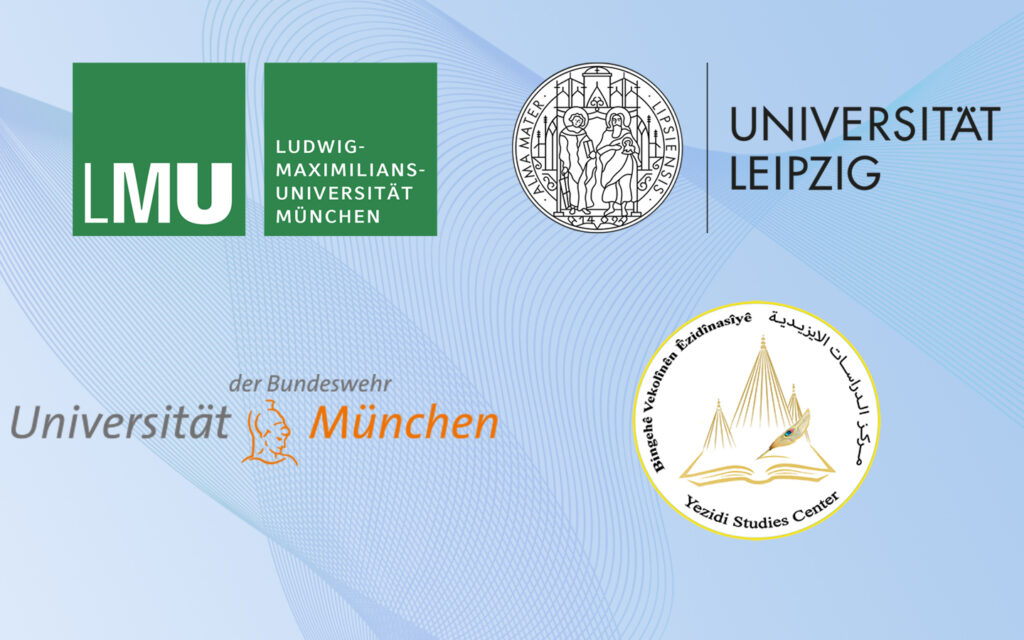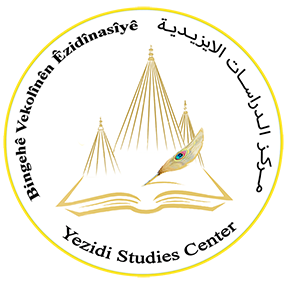
In the past, Kurdish, mostly Sunni, Muslim scholars and mullahs issued various fatwās (religious edicts) regarding the Yezidis, clarifying their positions on various issues related to Yezidi religion and society.
Recently, social media have become a platform used by many Kurdish clerics, particularly in Iraqi Kurdistan, to issue fatwās and religious statements directed at both Muslims and non-Muslims. These scholars and mullahs often use their own social media channels through live broadcasts expressing their Islamic religious views. These platforms have become more influential than mosques in shaping Kurdish Muslim attitudes toward the Yezidis.
During the 2014 genocide of the Yezidis by the Islamic State (ISIS), Kurdish Muslims showed some sympathy for the Yezidis and provided them with humanitarian assistance – a contrast to their historical, mostly hostile stance. However, the Kurdish Islamic religious stance did not change and in the period after the genocide, numerous anti-Yezidi fatwās issued by Kurdish Muslim scholars and mullahs emerged. These fatwās and perceptions, often in the form of videos continued and continue to appear extensively on social media and reflect the persistence of negative religious attitudes toward the Yezidis.
Kurdish nationalist parties, however, asserted that the Yezidis are the original Kurds and that it was the duty of the Kurds to protect the Yezidis from any Islamic extremism. This, however, did not lead to a fundamental change in Kurdish religious discourse toward the Yezidis and did not protect them from Islamic religious hatred. Furthermore, Kurdish parties rather limited themselves to political propaganda to exploit them for political gains.
The project raises several key questions: What is the nature and content of the fatwās and religious perceptions issued by Kurdish Muslim scholars and mullahs toward the Yezidis and has this changed as compared to historical fatwās and attitudes? What is the role of the Kurdish political parties in this issue? And how do these discourses affect the Yezidi community? This research will analyze and study historical sources including archival evidence. Regarding contemporary Kurdish Islamic religious discourse, it will rely on videos available on social media platforms, a large number of which the researcher has already collected, along with documents available online and preserved by government institutions, especially endowments, in the Kurdistan Region of Iraq. And we will conduct personal interviews with Kurdish Muslim scholars and mullahs.
- Applicant: Prof. Dr. Andreas Kaplony
- Project staff: Dr. Qader Shammo
- Funding: Private foundation
- Duration: 15 June – 31 December 2025
Cooperation with:
- Prof. Dr. Sebastian Maisel, Orientalisches Institut, Arabische Sprach- und Übersetzungswissenschaft (Universität Leipzig)
- Prof. Dr. Robert Langer, Study of Religions with special focus: Islam, Institute of Cultural Studies, Universität der Bundeswehr Munich
- Yezidi Studies Center, Universität Leipzig.
